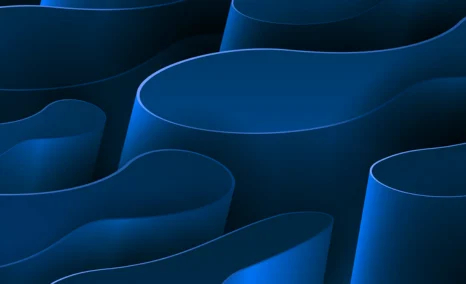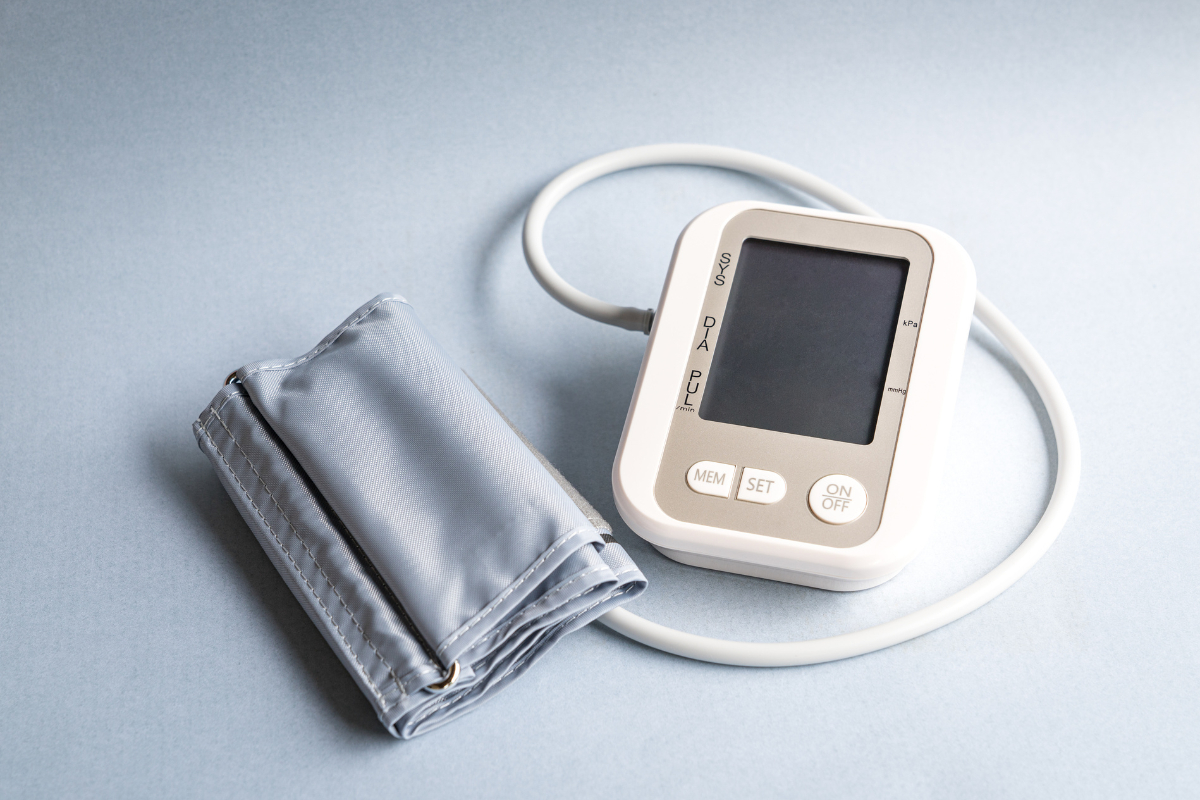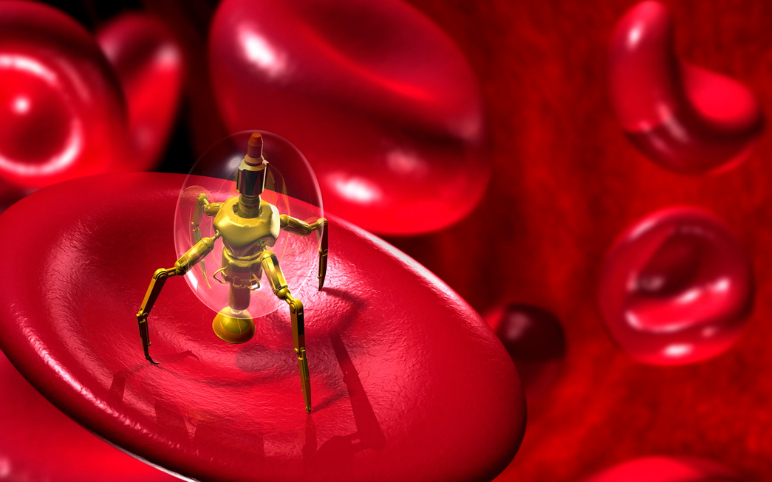Dubai: A leading and exciting pharma hotspot
Mar 16, 2020
The dream of the UAE government to place its capital city among the best cities in the world has led to the introduction of ‘Dubai plan 2021’, focused on transforming into a smart city through an investment of more than USD 7 Billion. Dubai’s smart city strategy includes over 100 initiatives, which aims at fostering collaborations between public and private enterprises and achieving six primary priorities the government has set, i.e., a better and upgraded living in terms of Health, Education, Police and Security, Housing and Infrastructure, and Government services.
As per the agenda of Vision 2021, healthcare is a vital priority, mainly due to the idea that “since success requires an open mind and healthy body, [Agenda of Vision 2021] aims to achieve a world-class healthcare system”. The country’s emphasis on improving and evolving the Healthcare sector is also partly due to an exponential increase in lifestyle-related diseases such as cardiovascular diseases, diabetes, and obesity. The idea of healthcare is to promote the use of preventive medicine and build a healthcare system solid enough to deal with epidemics and outbreaks. To make this idea a reality, the government has been relentlessly working towards creating UAE a hotspot for international giants in the Life science vertical, for them to focus on the oil-rich countries, and form a trusted and long-term partnership to foster the healthcare domain’s growth.
To achieve these objectives, the Dubai government has launched various plans, such as Abu Dhabi Healthcare Strategic Plan and Dubai Health Strategy 2021. The former focuses on improving quality healthcare, reducing capacity gaps, improving emergency preparedness, and ensuring sustainable healthcare spending, among others. While, the latter is expected to improve health and lifestyle, increase excellence in providing service, and develop smart healthcare and governance in the country. These strategies undertake several approaches to facilitate smart healthcare to patients living with chronic diseases, such as better diagnosis, regular health check-ups, and improved understanding of the disease.
Downloads
Click Here To Get the Article in PDF
Recent Articles
- Prostate Cancer Market Experiences an Influx of the Pharma Players Veering the Market Ahead
- New Approaches and Evolutions to Reshape the Diabetes Management and Care
- Business Cocktail
- PD-1 and PDL-1 Immune Check Point Inhibitors: A Prodigious Revolution in Cancer Treatment
- Is the Cure for Duchenne Muscular Dystrophy in the Pipeline?
With the allocation of the federal budget of AED 61.35 billion for the year 2020 for Vision 2021, the government is not shirking from investment. In the past year, 2019, too, the investment outlook healthcare sector had received AED 4.40 billion, and in the future, the investment will almost certainly soar. Through these efforts, the local healthcare across the UAE continues to boom, attracting international pharma giants to establish their manufacturing hubs, which is helping to curb the increasing pharmaceutical imports, reported approximately AED 14.9 billion last year. Moreover, estimates say that Dubai’s pharma market is projected to grow by 9.6 per cent to USD 25.6 billion (AED 94 billion) by 2022, depicting a profitable opportunity to the pharma companies worldwide. Dubai’s growing population, technological advancements and central geographical location are sure to lend a helping hand in increasing the value of the GCC and MEA pharmaceutical markets.
Additionally, the Dubai government has developed around 40 Free Trade Zones, with more in the horizon, to attract foreign companies from over different business domains and increase foreign ownership in the region.
Keeping the mission in mind, the foundation of Dubai Science Park was laid- the first free-zone community of the region, which has played a significant role in shaping Dubai’s Vision 2021. Dubai Science Park provides a hassle-free and convenient way to set up business in Dubai- the mainland itself. Built with an aim to create a cluster of business hubs in all the domains, Dubai Science Park, has beautifully compiled sustainable innovative technology; maximizing the output, without compromising with the demands and quality in the fields of change in the areas of human science, plant science, material science, environmental science and energy science.
To foster the pharma business, awarded with LEED Silver Certification, the Laboratory complexes have been designed to suit the needs of evolving pharma and healthcare sector. Equipped with air exhaust and ventilation systems, an acid resistance drainage, pH neutralization system and other latest technology, the eco-friendly laboratory complexes are suitable enough to carry out research, facilitate product development, diagnostics and testing tools, and manufacturing units.
Along with it being eco-friendly and technologically savvy, Dubai Science Park has a convenient neighbourhood, a centre place, with HQ, warehouses, and residential areas within on area, offering support and feasible communication.
For instance, Pharmax Pharmaceuticals, the first drug manufacturing hub in Dubai situated at Dubai Science Park, Al Barsha, was started as a joint venture between Al Ittihad Drug Store, Cooper Pharma and Bottu Pharmaceuticals. The hub, equipped with European technology, is expected to prioritize the manufacturing of generic drugs for a spectrum of chronic illnesses prevalent in the UAE, including CVDs, diabetes, cholesterol, psychiatric and neurological disorders, gastroenterological diseases and metabolic and urologic ailments.
Limited space at Dubai Science Park act as constraint; however, many international pharma companies are established in the mainland such as Dubai South or Jebel Ali Free Zone (Jafza). The free zone- Jafza- has over 160 healthcare and pharmaceutical firms from more than 38 countries including GSK, Roche, Baxter, Abbott, Tranzone, Sanofi, Gulf Inject (Julphar company), Life Pharma, Reckitt Benckiser, Wockhardt, Gulfdrug, and several others, accounting for almost 23.9% of total FDI (Foreign Direct Investment) flow into the country.
Apart from the continuous efforts by the government, interest from the local Pharma companies to leverage the region has resulted in balancing the trade of the country up to a certain extent.
Besides offering the technologically advanced environment, UAE poses to be the best niche market for the halal pharmaceutical industry to prosper. Whether it is in terms of awareness or governance, in terms of supply chain drivers or the pricing index, Global Islamic Economy report revealed that the UAE has the best ecosystem for halal pharmaceuticals.
The continuous efforts and initiatives are surely a leap forward to establish the Middle Eastern country comfortably in the category of one of the best Pharmaceutical regions of the world, in terms of ease of conducting business, market attractiveness, as well as return on investment fronts.
Downloads
Article in PDF
Recent Articles
- Ovarian Cancer Treatment Drugs and Unmet Needs
- GSK Receives FDA Fast Track Designation for Bepirovirsen; Gilead to Acquire CymaBay Therapeutics;...
- Approach for Cystic Fibrosis; An alternative for Statins; Oral medications not safe; Carbon monox...
- Medtronic’s Hugo Robotic-Assisted Surgery System Trial; Insightec’s Pivotal LIBERATE Clinical Tri...
- Charting the Growth of the Insulin Pens Market Amidst Rising Demand




